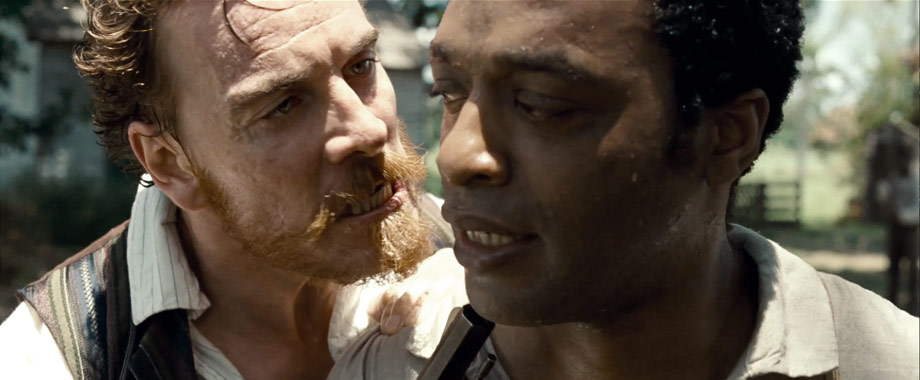
The amount of attention this event manages to garner each year for the verdict of what boils down to the views of an American cast of Last of the Summer Wine (the 5,765 members of the Academy of Motion Picture Arts and Sciences are 94% white, 77% male, median age 62) can be both disconcerting and infuriating, although given the strength of the competition this year even the most cynical among us should at least own up to a passing curiosity as to who got to walk home with a golden naked man this time around.
You cannot fail to have noticed that Steve McQueen’s 12 Years a Slave was up for several statues, as was Alfonso Cuarón’s Gravity, David O Russell’s American Hustle and Jean-Marc Vallee’s Dallas Buyer’s Club, all of them in their own way the dictionary definition of worthy within their respective genres. Yet for all the rumour and gossip as to who was going to leave with what it was a night of few surprises.
Cate Blanchett’s reward for her startling performance in Blue Jasmine surprised precisely no-one, likewise Matthew McConaughey’s award for Dallas Buyer’s Club, although Jared Leto’s award for playing his opposite number, a transgender woman named Rayon, raised a few eyebrows. For most, Lupita Nyong’o’s award for her magnificent turn as the slave girl Patsey in 12 Years was much deserved, although others (myself included) would lament that June Squibb was not recognised for a marvellous performance with plenty of bite in Alexander Payne’s Nebraska. Alas, it was not meant to be and, considering her already advanced years probably never will be now.
Cuarón’s Gravity not only picked up the director prize but awards in virtually every technical category (including editing, cinematography and sound), walking off with 7 by the end, which was perhaps a tacit admission it was more spectacle than something that lingered long in the mind.
The night’s biggest shock was surely Joshua Oppenheimer’s The Act of Killing losing out to 20 Feet from Stardom in the Best Documentary category. Oppenheimer’s extraordinary film is arguably as much of a landmark as McQueen’s in its own way and took cinema along many unexpected twists and turns in its exposure of the killings in Suharto’s Indonesia. Compared to this, giving the award to a music doc on the unsung backing singers of yesteryear, no matter how well made it is bound to be, was surely an example of playing it safe. In comparison, the surprise of Spike Jonze beating strong competition to pick up the Best Original Screenplay for Her barely registered.
Less surprising was Best Foreign Film going to Paolo Sorrentino’s sumptuous La Grande Bellezza. Having already been garlanded at Berlin, the Golden Globes and Baftas and a huge hit with critics, it was sure to walk this one. As grandiose as Sorrentino’s film is (whisper it) it was a shame Thomas Vinterberg’s gripping and much belated entry the Hunt did not get recognition instead. And where in God’s name was Abdellatif Kechiche’s Blue is the Warmest Colour, or Haifaa Al-Mansour’s Wadjda for that matter? Shameful.
But never mind, the overall winner (and also for Best Adapted Screenplay) the milestone 12 Years was surely the most deserving as well, such a rarity, especially when you consider in the past 10 years the Academy has given the same award to Argo, The King’s Speech and Crash with a straight face.
By Ieuan Jones aka @_ieuman
You can watch ‘Her’ at Plymouth Arts Centre from 7-13 March.
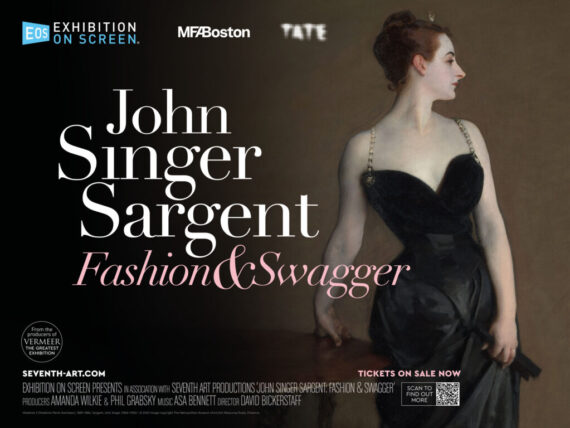



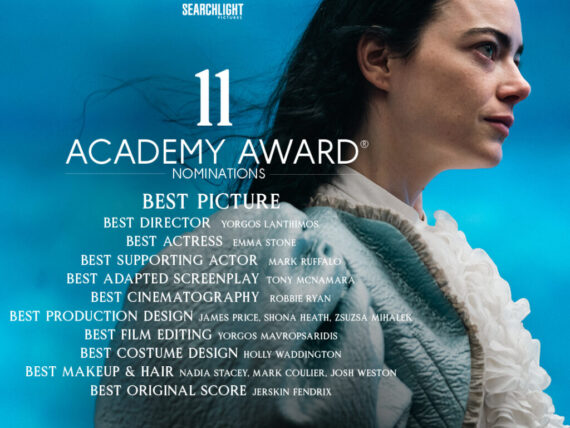
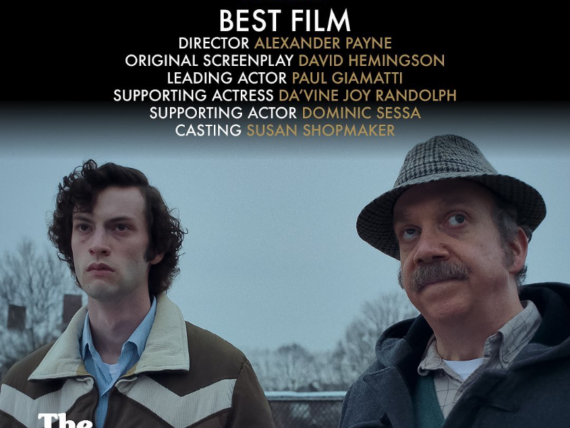
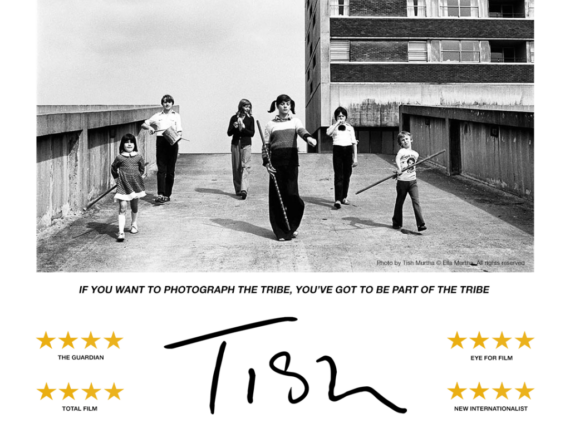

Comments
No comment yet.